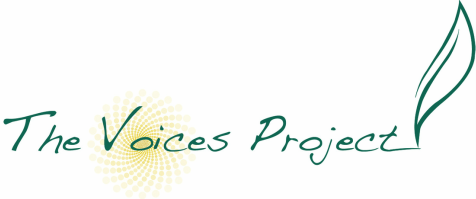the deep black lines
fissures, cracks
filled with the rich dirt
of a homeland, years
drinking the dark water
from the rain barrel
hot plates for plain rice
and fish at every meal
Mother's hands ache
in the fields, plucking
loose red-orange kernels
as she walks behind Father
hoisting spiky cuttings
pounds of thorny bunches
on his thin shoulders
she works for no pay
to help him meet
his daily quotas
Child's pale hands grasp
a little stub pencil
mind wandering
from the schoolhouse in town
to green fields where they live
she will leave school soon
to work the plantation
she worked as a child
she works there still
her palms blackening
with the soil of a lifetime
spent harvesting palm oil
for our generation
our bodies smoothed
plumped, content.
***
Palm oil is found in half of the products on supermarket shelves and in most cosmetic brands. Once regarded as an engine for growth in developing countries, the oil has turned out to be a means for widespread oppression. Massive demand and a labor shortage has led to large scale illegal practices ranging from child labor and slavery to human trafficking and rape. Millions of people are working in the palm oil fields in Indonesia, millions more in Malaysia, to produce 85% of the world's harvest. Workers begin in childhood, learning beside their families. Teens drop out of school and continue helping in the fields. Generations work the same plantations, finding no way out of their impoverished status.
Author Bio:
Virginia Aronson is the Director of Food and Nutrition Resources Foundation. She is the author/coauthor of more than forty published books. Genres include adult nonfiction, educational books for kids, eco-fiction, poetry and short fiction. Her novel about food and climate change, A Garden on Top of the World, was published by Dixi Books in 2019. Dixi also published Mottainai: A Journey in Search of the Zero Waste Life.

 RSS Feed
RSS Feed